India
New hope for Indian food security? The System of Rice Intensification – A paper by International Institute for Environment and Development
Posted on 29 Oct, 2011 11:43 AMThis paper from the gatekeeper series of the International Institute for Environment and Development (IIED) describes the potential of an innovative rice cultivation practice-the system of rice intensification (SRI)—for allowing Indian rice farmers to not only enhance rice production and their net incomes, but also to solve the water crisis.
Towards drinking water security in India: Lessons from the field – A report by Water and Sanitation Program
Posted on 29 Oct, 2011 11:33 AM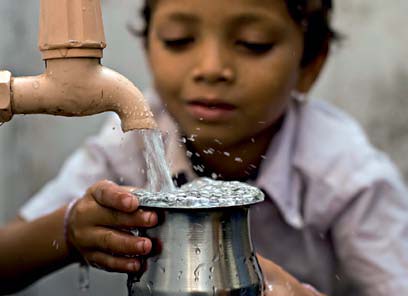 This report by the Water and Sanitation Program of the World Bank provides an account of the field level initiatives on drinking water security in India. The country faces many challenges in ensuring reliable, sustainable safe drinking water supply to rural households.
This report by the Water and Sanitation Program of the World Bank provides an account of the field level initiatives on drinking water security in India. The country faces many challenges in ensuring reliable, sustainable safe drinking water supply to rural households.
Though, in terms of provision of safe drinking water, more than 90 percent of the rural households have been covered, according to the NSSO 65th round survey 2008-09, much remains to be done to improve levels of service delivery, water quality and sustainability.
UNDP invites applications for Sustainable Development Prize 2012 – Apply by October 31, 2011
Posted on 28 Oct, 2011 01:08 PM 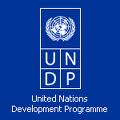
United Nations Development Programme (UNDP) advocates for the Millennium Development Goals (MDGs), the concept of human development and the need to empower women. Its series of global, regional and country-focused Human Development Reports are a powerful advocacy tool with a focus on people-centered, inclusive, equitable and sustainable growth.
Performance of sewage treatment plants - Coliform reduction - Control of urban pollution series - CPCB (2008)
Posted on 27 Oct, 2011 12:38 PMThis report presents the findings of a study conducted by CPCB with the help of Indian Institute of Technology, Roorkee and Anna University, Chennai on the performa
Evaluation of operation and maintenance of sewage treatment plants in India - Control of urban pollution series - CPCB (2007)
Posted on 26 Oct, 2011 03:39 PMThis study was commissioned recognizing the fact that discharge of untreated sewage occurs not only because of inadequate installed capacity of sewage plants, but also due to the inadequate maintenance of existing plants.
India’s sanitation for all: How to make it happen – A discussion paper by Asian Development Bank
Posted on 26 Oct, 2011 10:40 AM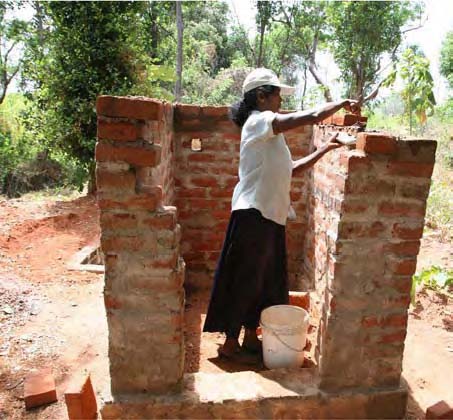 This discussion paper by the Asian Development Bank (ADB) examines the current state of sanitation services in India and offers recommendations that can help key stakeholders work toward universal sanitation coverage in India.
This discussion paper by the Asian Development Bank (ADB) examines the current state of sanitation services in India and offers recommendations that can help key stakeholders work toward universal sanitation coverage in India.
Providing environmentally-safe sanitation to millions of people is a significant challenge, especially in the world’s second most populated country. The task is doubly difficult in a country where the introduction of new technologies can challenge people’s traditions and beliefs.
This discussion paper examines the current state of sanitation services in India in relation to two goals—Goal 7 of the Millennium Development Goals (MDGs), which calls on countries to halve, by 2015, the proportion of people without improved sanitation facilities (from 1990 levels); and India’s more ambitious goal of providing “Sanitation for All” by 2012, established under its Total Sanitation Campaign.
Piloting Knowledge Swaraj - A hand book on Indian science and technology - KICS
Posted on 24 Oct, 2011 04:23 PMThis hand book on Indian science and technology was produced at the end of a project entitled “Science, Ethics and Technological Responsibility in Developing and Emerging Countries” (SET DEV) by Knowledge in Civil Society (KICS). The project aimed at:
- Activating processes of building institutional capacities and skills on science,ethics and STR socialization
- Defining and understanding perspectives of socialization of science and technology that take into consideration local needs in a multilateral dialogue.
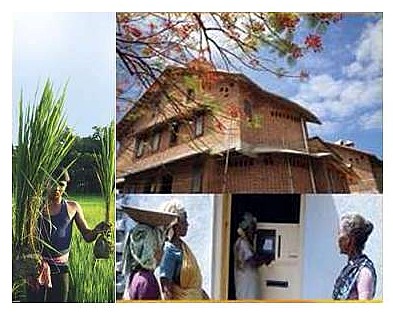
Live feed: WSSCC Global Forum on Sanitation & Hygiene - 9-14 October 2011, Mumbai
Posted on 13 Oct, 2011 10:22 AM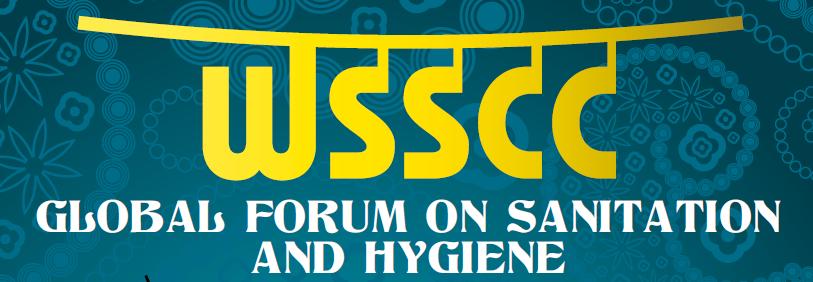
We all know the statistics: 2.6 billion people around the world are without access to a basic toilet. Diarrhoea – the vast majority of it due to poor sanitation and hygiene – is the second biggest killer of children worldwide.
Between us, we also have many of the answers. We have experiences of low-cost technologies that are acceptable and affordable for poor communities in rural areas. We have been involved in designing communications programmes that have contributed to sustained behaviour change.
We have seen governments and civil society working together to set up policies and programmes that ensure access to better sanitation in challenging settings, such as crowded informal settlements in fast-growing megacities. We have also seen businesses grow up around sanitation and hygiene, allowing individuals to make a dignified living and clients to buy the sorts of products and services they want and need.
Social exclusion and policy recommendations for the 12th Plan - WASH News and policy update
Posted on 11 Oct, 2011 09:52 PMContent courtesy: India WASH Forum
Women and water - A collection of papers - Economic and Political Weekly - Volume XLVI - Number 18 - April 30 (2011)
Posted on 07 Oct, 2011 07:31 PMIt does this in the context of the new decentralised governance structures that are based on the assumption that domestic water supply is the legitimate domain of women and thus power and authority needs to be granted to women to manage water resources.
However, there is a very little understanding of how this has benefited women and what are the challenges experienced during the process of implementation or the outcomes gained from these processes, in the context of the Indian society that continues to propogate patriarchal values and is based on structures that are inherently hierarchical and inequitable.
Some of the papers dwell on and explore the inherent biases in the literature and make an attempt to understand their implications for women in managing water resources, while some of the papers share case studies on the outcomes of the implementation of the decentralised water management policies at the village level.